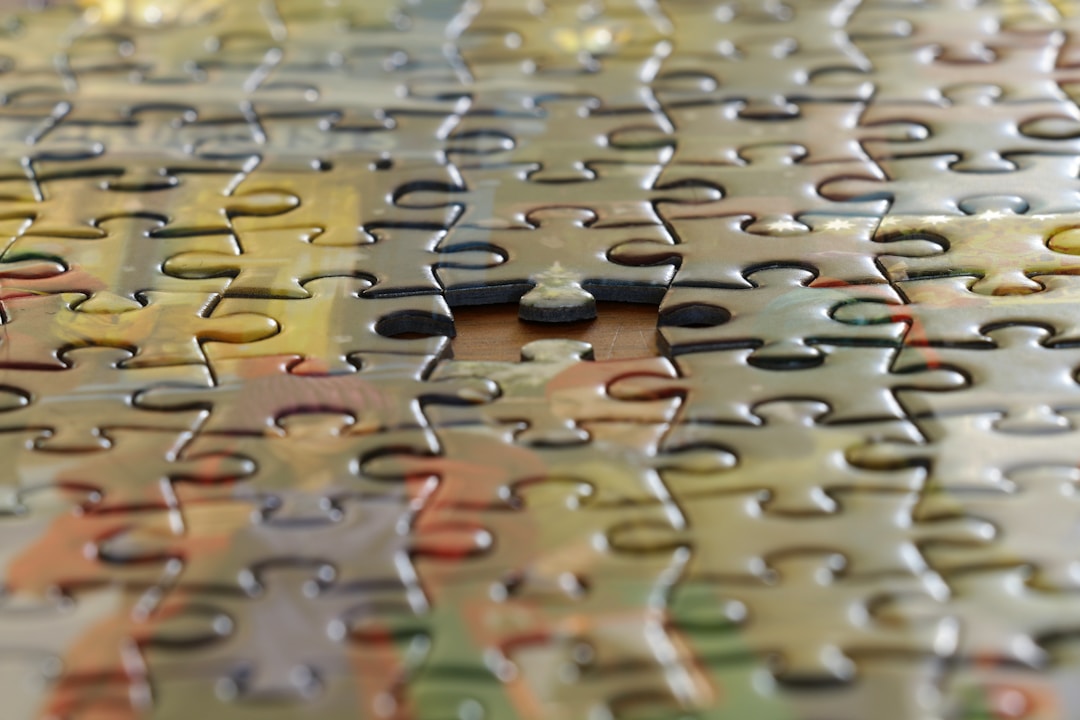A fair society is in everyone’s interests.

H
Harmony. In prehistory, humans flourished by building large social groups that depend on co-operation, which is sustained by fairness: equalising rewards across a group, sharing resources fairly and punishing selfish behaviour. Societies that do not uphold this inbuilt sense of fairness become more divided and turbulent, and less successful. Many collapse (look at the Roman Empire).
O
Opportunity. Fair opportunities benefit everyone by removing the pressure of competing for a small number of elite educational institutions, both because there are less differences in quality between institutions and because there are more good job opportunities to follow them. As a result, parents don’t have to make huge efforts or sacrifices to secure coveted places for their children.
P
Politics. Unfairness undermines healthy democracies by giving the wealthy excessive political influence, undermining democratic principles (including the rights to vote, to run for office, and to free speech and assembly), and creating dangerous divisions in society. It also undermines faith in the democratic system itself; if people do not have a fair opportunity to make the most of their lives, they are more likely to be attracted to populists or even to extremists.
E
Equality. Social problems are worse in more unequal societies. Many affect everyone, such as high levels of crime and low levels of trust, social cohesion and mental health. Inequality leads to levels of infant mortality that are higher among wealthy Britons than, for example, poorer Swedes.
R
Risk reduction. Fair societies provide universal, reciprocal, collective insurance systems to protect everyone against the risk of suffering bad luck, such as serious disease or loss of employment. They ensure that major costs such as social care are shared fairly rather than falling entirely on individuals.
I
Institutions. A fairer society based on much lower levels of inequality than we see today is necessary to support effective social, economic and political institutions, which are themselves needed to protect and advance many of the other public goods outlined here.
S
Security. People living in fair societies don’t have to accrue private wealth (such as through housing) to ensure that they and their children will be able to withstand shocks or to get on in life. They feel less pressure to pass down inherited wealth to their children as the only guarantee of security. Unequal societies create vicious circles in which people maximise their own wealth in order to protect their loved ones.
E
Efficiency. Unfair societies harm economic growth because they undermine efficient markets. The poor don’t spend money while the rich hoard it offshore. The link between hard work and reward is corrupted when a lot of wealth is unearned, failure is rewarded and fair and open competition is undermined. High levels of inequality dampen both demand and output. Fairer societies are more efficient, more productive and more prosperous.
S
Social mobility. The ‘Great Gatsby curve’ shows that, as economic equality decreases, so does social mobility. In very unequal societies it is much harder for people to move up the ‘ladder’, because the rungs are further apart. The consequences of moving down the ‘ladder’ are also much more serious.





